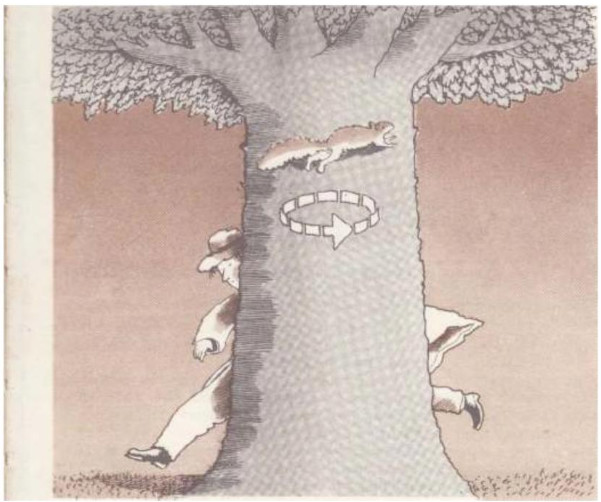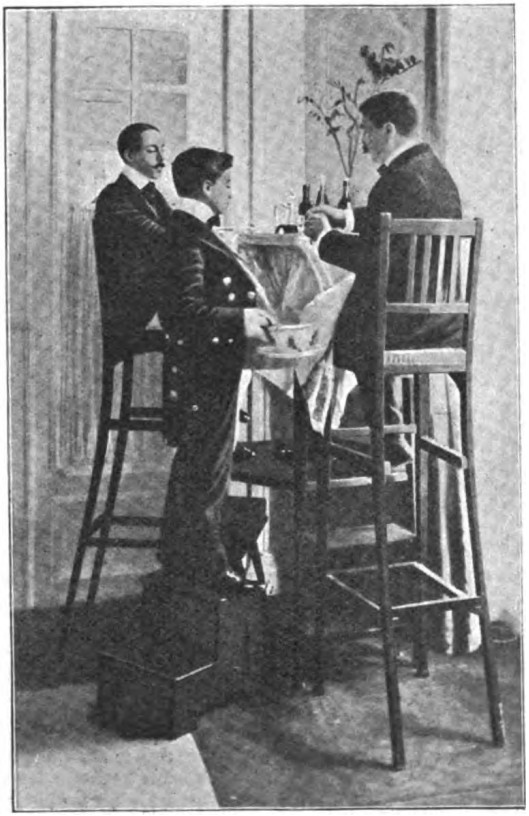In a letter to Maud Standen dated Dec. 18, 1877, Lewis Carroll included a puzzle:
[M]y ‘Anagrammatic Sonnet’ will be new to you. Each line has 4 feet, and each foot is an anagram, i. e., the letters of it can be re-arranged so as to make one word. Thus there are 24 anagrams, which will occupy your leisure moments for some time, I hope. Remember, I don’t limit myself to substantives, as some do. I should consider ‘we dishwished’ a fair anagram.
As to the war, try elm. I tried.
The wig cast in, I went to ride.
‘Ring? Yes.’ We rang. ‘Let’s rap.’ We don’t.
‘O shew her wit!’ As yet she won’t.
Saw eel in Rome. Dry one: he’s wet.
I am dry. O forge! Th’rogue! Why a net?
For example, the first foot in the first line, “As to,” can be rearranged to spell OATS. Carroll left no solution, but he did add a parting riddle to which we have the answer:
“To these you may add ‘abcdefgi,’ which makes a compound word — as good a word as ‘summer-house.'” What is it?




